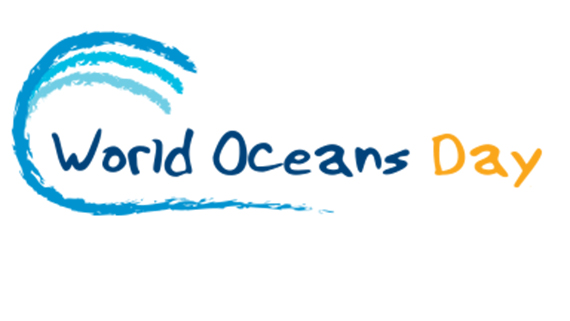World Oceans Day draws attention to current challenges facing oceans

Safe shipping and sustainable use of seas and oceans require that both the sea and shipping activities are researched and observed in real-time and in diverse ways. "The Baltic Sea is a small and shallow peripheral sea that functions differently from the oceans. The sea is also affected by variables such as marine biological processes, temperature, nutrients, waves and ice cover. An extensive range of measurements are required before we can gain an understanding of this whole," explains Jari Haapala, a research professor at the Finnish Meteorological Institute.
New technologies generate new information
Marine observation activities have developed a great deal in recent years because of robotics and digitalisation. Also remote sensing, which is based on the interpretation of satellite images, produces cost-effective observations to supplement observations made with traditional methods.
"The Finnish Meteorological Institute (FMI) has recently adopted use of a remote robotic underwater glider equipped with multidisciplinary sensors. When diving at different depths, the device gathers measurement data on the physical state of the Baltic Sea," Mr Haapala describes.
On the other hand, long-term observations from one location are also important. This is why the marine research station, which has been built on the island of Utö, is unique. The station produces real-time research data on the sea, its surface, and the air, year-round and around the clock.
"It is therefore important that we research the sea as well as maritime activities simultaneously from numerous different viewpoints. In this way, we can observe changes in the seas caused by climate change, human activities and other reasons. Distinguishing the various reasons from one another is important so that we can, when necessary" react in time and correctly," Mr Haapala emphasises.
Blue growth in Baltic Sea requires research data
Likewise the sustainable use of the oceans also called blue growth will require up-to-date information on the state of the oceans and on how our own actions influence the oceans' ecosystems. New technologies will alter maritime transport: Navigation will become easier as new, real-time data is used to facilitate the safer and more energy-efficient future use of the seas also in the Arctic.
On World Oceans Day, the FMI will hold the "Baltic Sea, Intelligent Sea" seminar, where all of Finland's sea and oceans experts will meet to discuss new observation methods and the future of shipping. The event will also feature new measurement devices and the sector's Finnish experts will be present to answer questions.
New marine weather map service opened on FMI website
The new marine weather service allows website visitors to view observations and forecasts for the Baltic Sea. The FMI's coastal and lake stations, wave buoys, temperature buoys and mareographs will function as observation stations. The weather radar and precipitation forecast from the precipitation radar page are also included.
Further information:
Research Professor Jari Haapala, tel. +358 29 539 6406, jari.haapala@fmi.fi
Link to video: https://www.youtube.com/watch?v=ndG5oszOwtkMarine weather service: http://en.ilmatieteenlaitos.fi/marine-weather
